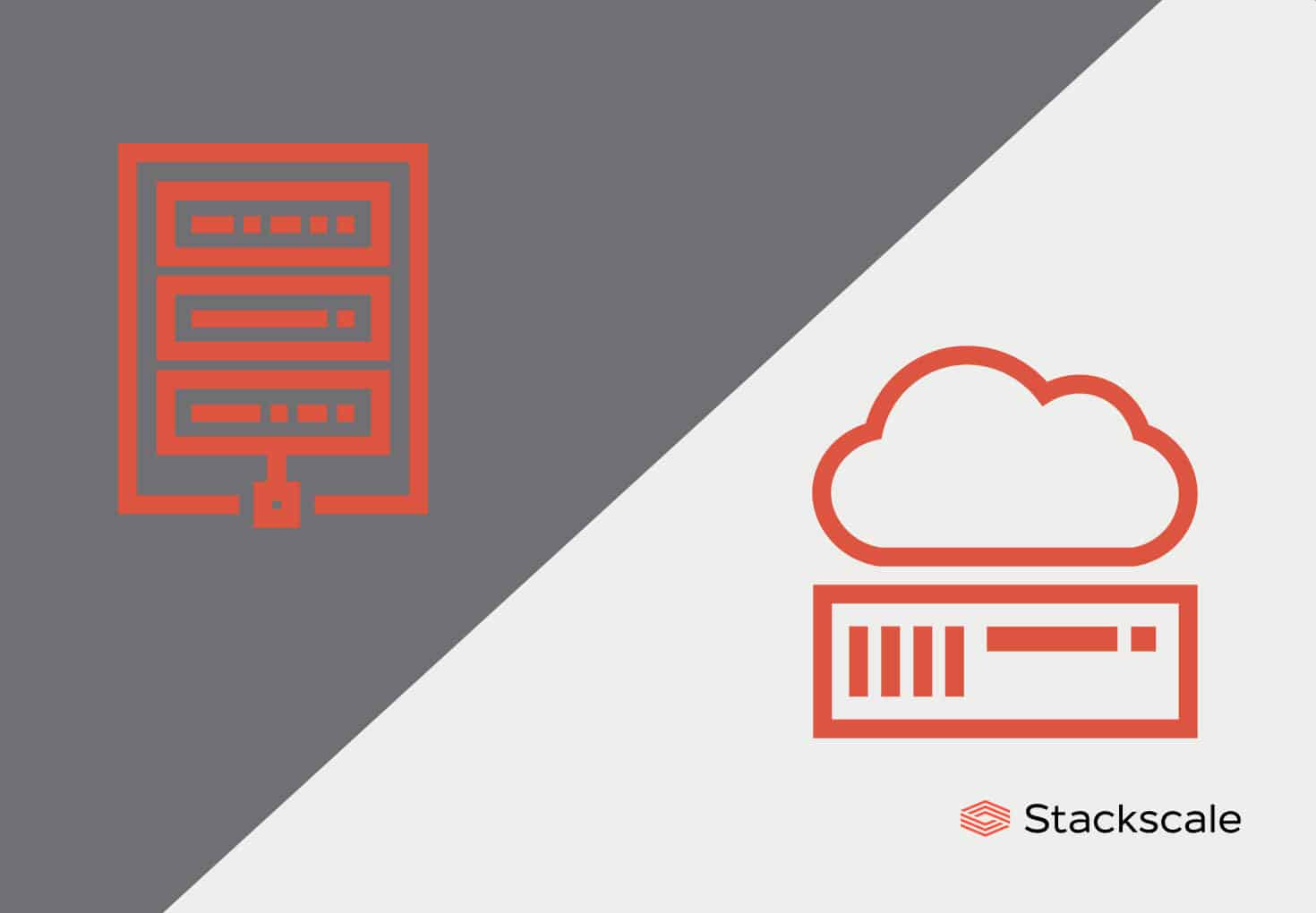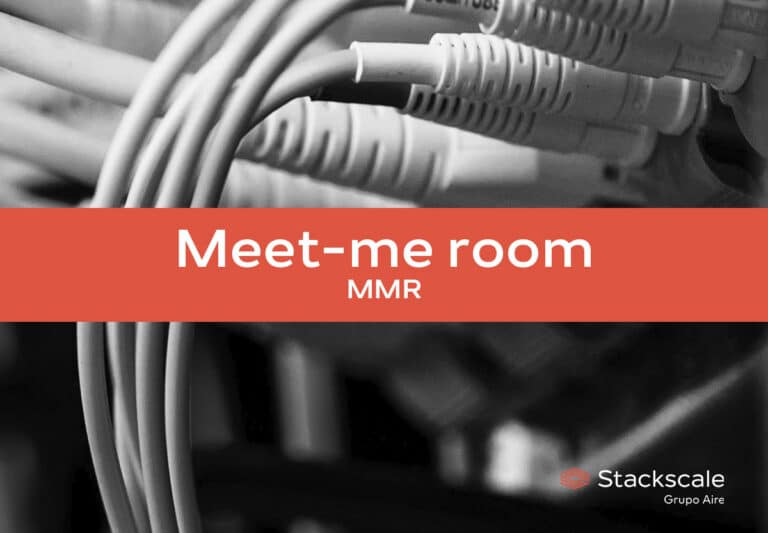Both colocation and cloud servers help companies increase efficiency and optimize IT spending by outsourcing data center management. However, opting for one solution or another — or combining both of them — will significantly depend on the company’s strategy and requirements.
Comparing colocation and cloud servers
IT infrastructure requires a high level of resilience, redundancy and efficiency nowadays. A level it is often expensive to achieve and maintain on premises. That is why relying on specialized data centers is becoming more and more frequent among companies of all sizes.
Regarding colocation and cloud services, the main difference between both IT models is how data is managed and stored. In a cloud environment, the cloud provider owns the infrastructure and customers manage data virtually. In a colocation facility, companies continue to use their own infrastructure and lease space within the data center.
Colocation
Colocation allows companies to rent space, power, bandwidth, cooling and physical security to host their IT equipment. This infrastructure model is particularly useful when the company has already made a high capital investment in physical resources, such as servers and hard disks.
This way, companies can delegate data center management to the colocation provider, while retaining full control over their physical equipment. Besides, they can easily access a great amount of telecommunications and network service providers.
Cloud servers
The cloud distribution model is based on remote servers that give companies access to computing, networking and storage resources on demand, over the Internet. Therefore, when the company does not have its own physical IT infrastructure or does no longer wish to invest in purchasing additional equipment, cloud servers come in handy to cut costs and boost efficiency.
In addition to the data center management, the cloud provider is responsible for managing computing resources and applications. Nevertheless, it is important to keep in mind that responsibility is shared between the provider and the customer. The number of responsibilities assumed by each party varies depending on the cloud service model.
Colocation vs cloud: features and benefits
Achieving a high level of service while improving efficiency is vital to long-term success. Here are some insights about how colocation and cloud contribute to this goal.
Cost-effectiveness
Locating IT infrastructure in an established data center helps businesses lower the Total Cost of Ownership (TCO). Companies can reduce the costs of utilities while increasing their level of redundancy, connectivity and security. However, colocation entails a higher upfront cost than cloud services, as companies continue to purchase and upgrade their physical equipment.
Regarding the cloud, it offers an OPEX model that frees companies from having to make large IT investments. But cost management becomes critical when migrating to the cloud. Costs can easily go through the roof over time when opting straightaway for a public cloud solution. In fact, as a result of cost escalation in hyperscale public cloud solutions such as AWS or Google Cloud, more and more IT departments are repatriating workloads and applications to hosted private cloud environments and colocation facilities, among other IT solutions.
Therefore, it is important to assess the company’s real needs in order to choose the right solution. From our experience, as the majority of business workloads are predictable, a private cloud is a much more cost-efficient option in most cases. Besides, it helps meet strict security and regulatory compliance requirements, and keep applications closer to data.
Scalability
Both colocation and cloud solutions provide further flexibility than on premises servers. On the one hand, companies can easily expand or resize their space in colocation facilities. Although they still are in charge of purchasing additional IT equipment to increase capacity.
On the other hand, cloud solutions allow companies to scale resources up and down, as their business evolves. On this matter, cloud environments offer higher scalability as organizations can more easily provision additional resources to support traffic spikes, increase storage capacity, etc.
Business continuity
Colocation and cloud providers rely on state-of-the-art data centers with business continuity guarantees. Thus, companies benefit from many safety and redundancy measures that would be difficult and costly to achieve on premises. For instance:
- Uninterrupted energy power systems.
- Early fire detection (VESDA) systems.
- Cooling systems redundancy.
- Redundant network connections.
- Multilayer access control.
Connectivity
Regardless of opting for colocation or cloud servers, by choosing carrier-neutral facilities, companies benefit from a large number of fiber operators and IP carriers. Besides, compared to on premises infrastructures, colocation and cloud solutions usually provide better bandwidth and lower latency.
Responsibility
In a colocation facility, the company is in charge of maintaining and replacing its IT infrastructure over time. But the colocation provider is in charge of providing the contracted utilities and resources, as well as the redundancy and security measures established by SLA.
As for the cloud, responsibility is shared between the cloud provider and the company. Depending on the cloud service model, organizations and users will be responsible for managing different layers of the infrastructure. For instance, in IaaS solutions, providers are in charge of ensuring that the infrastructure, storage and networking are completely secure. While customers must take responsibility for aspects such as access management, encryption or network traffic protection.
To sum up, implementing cloud and colocation solutions is helpful to increase efficiency while delivering a high level of service. Colocation and cloud services can be used together, separately or in combination with other IT solutions, such as dedicated servers. For instance, some organizations might be interested in keeping part of their servers in a colocation facility, while migrating the rest of their workloads and applications to the cloud.





